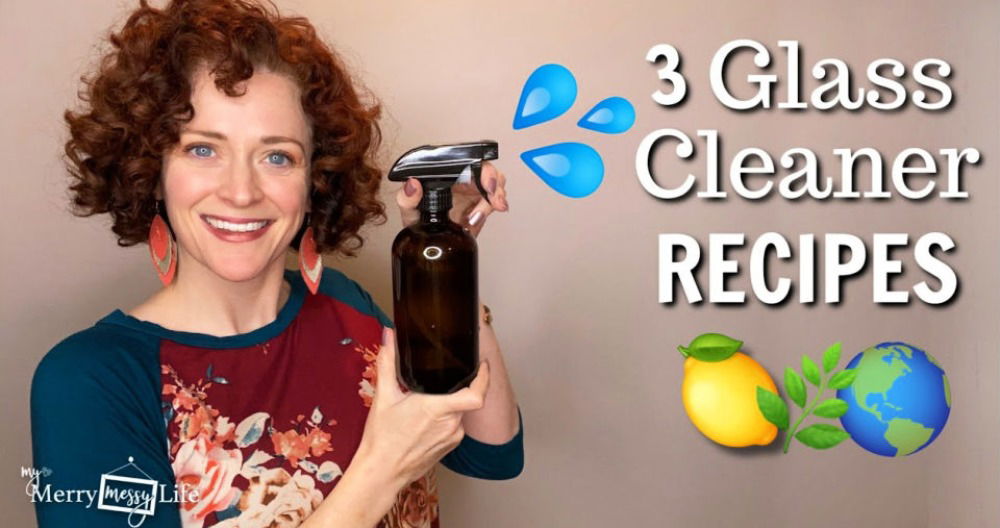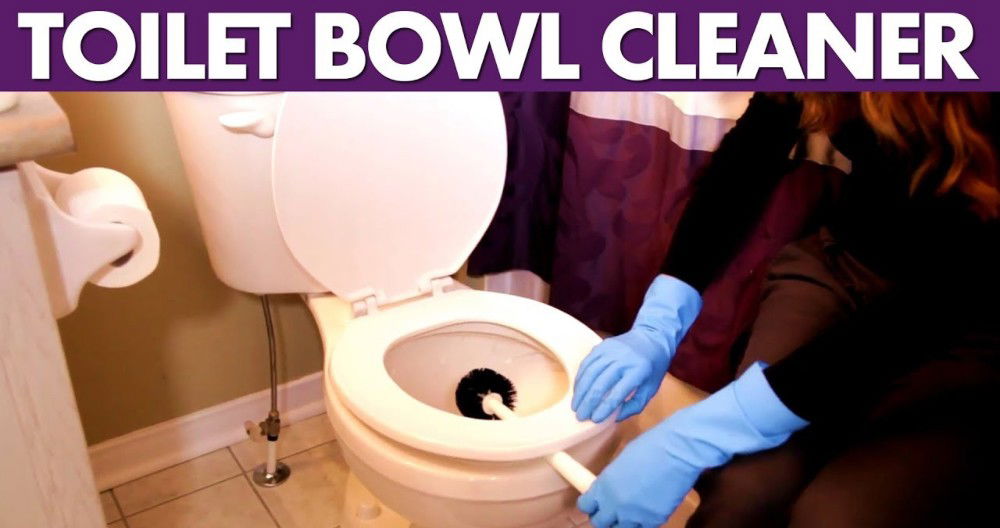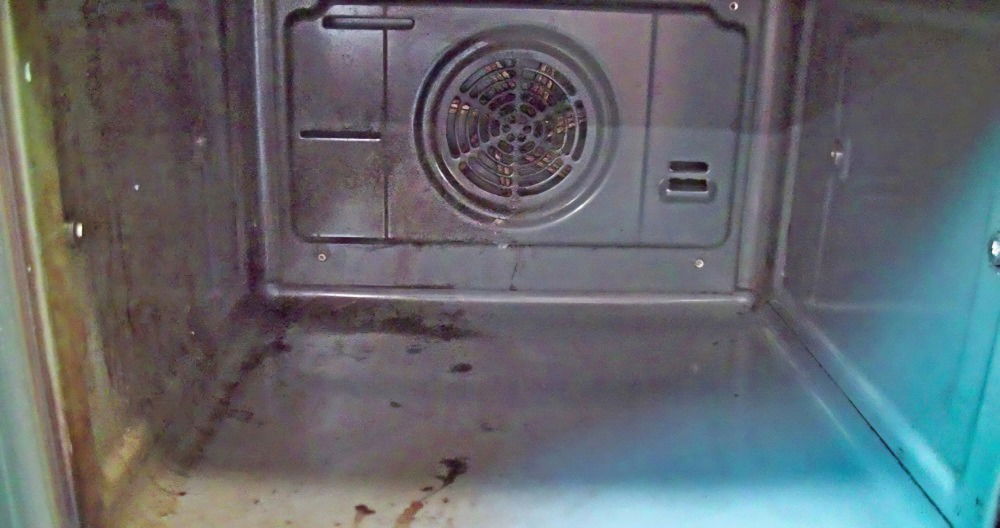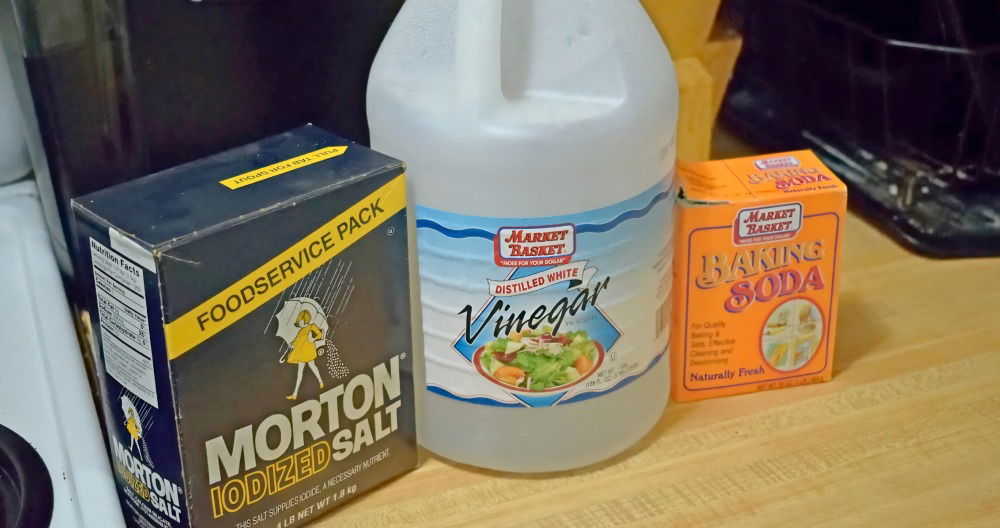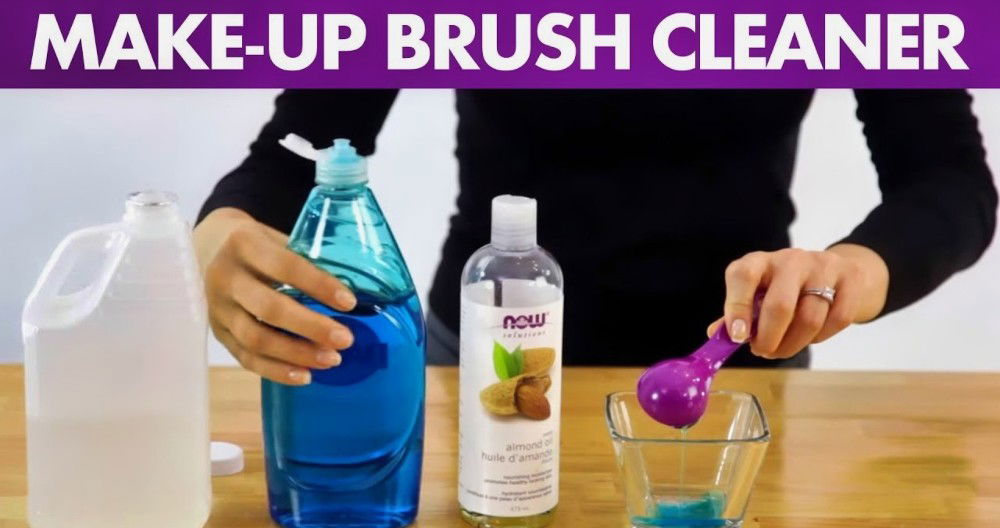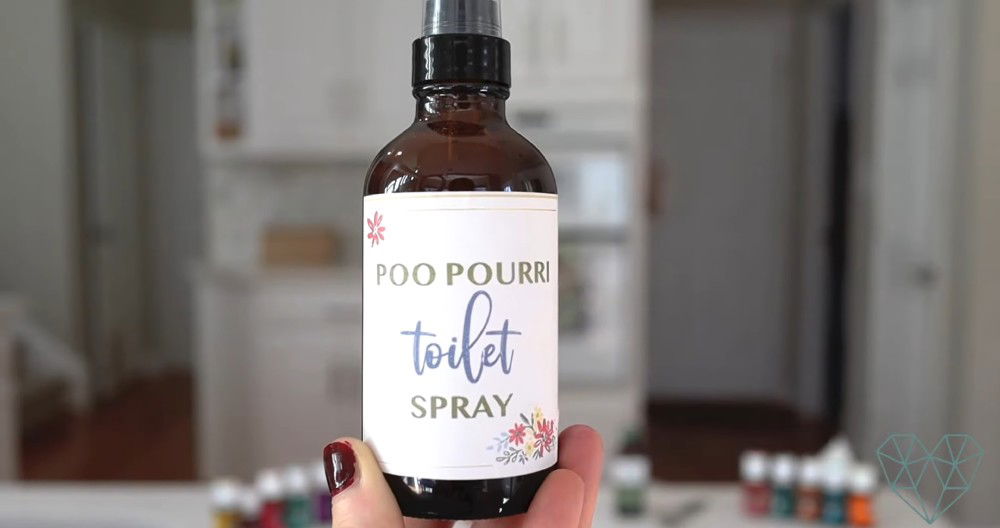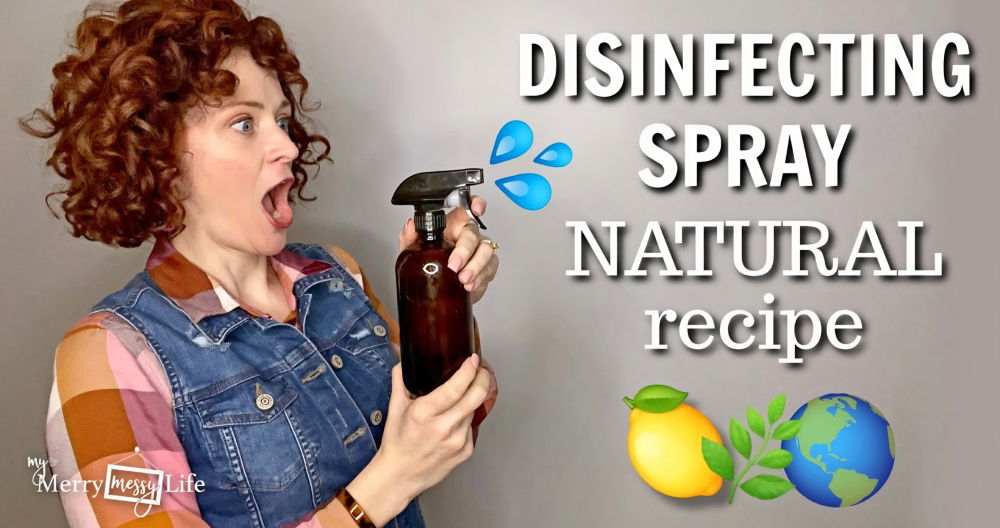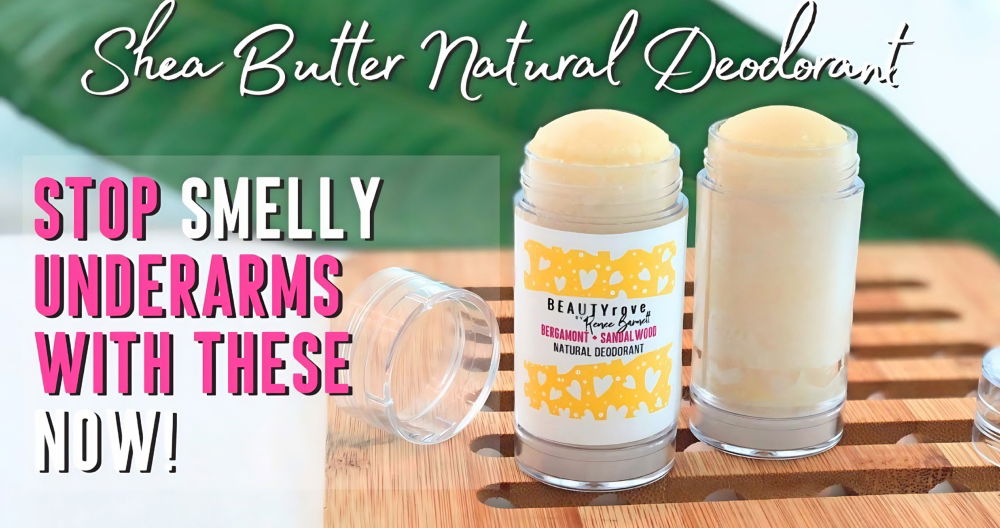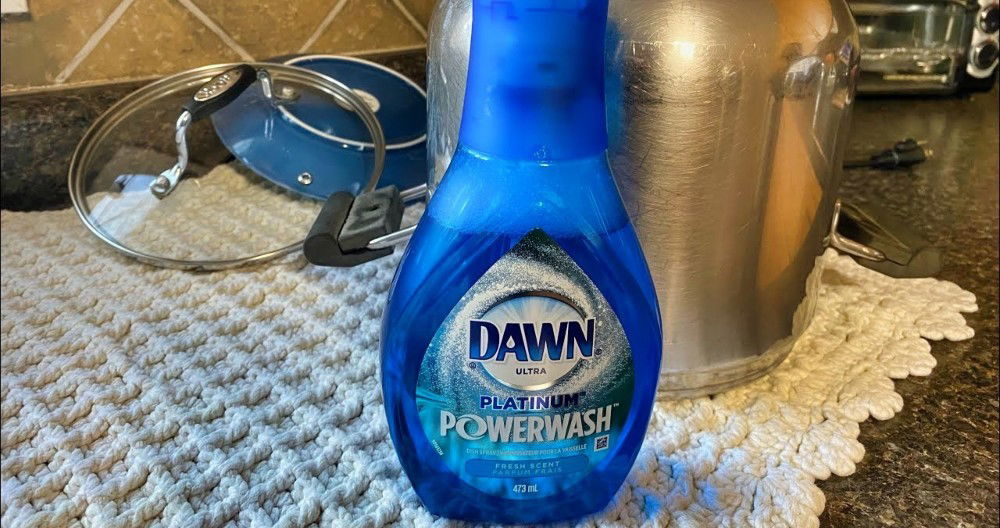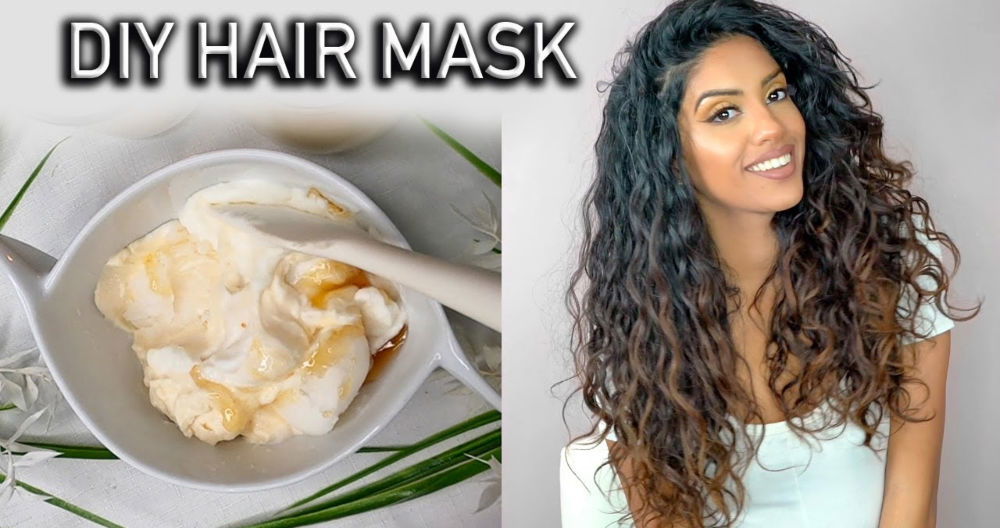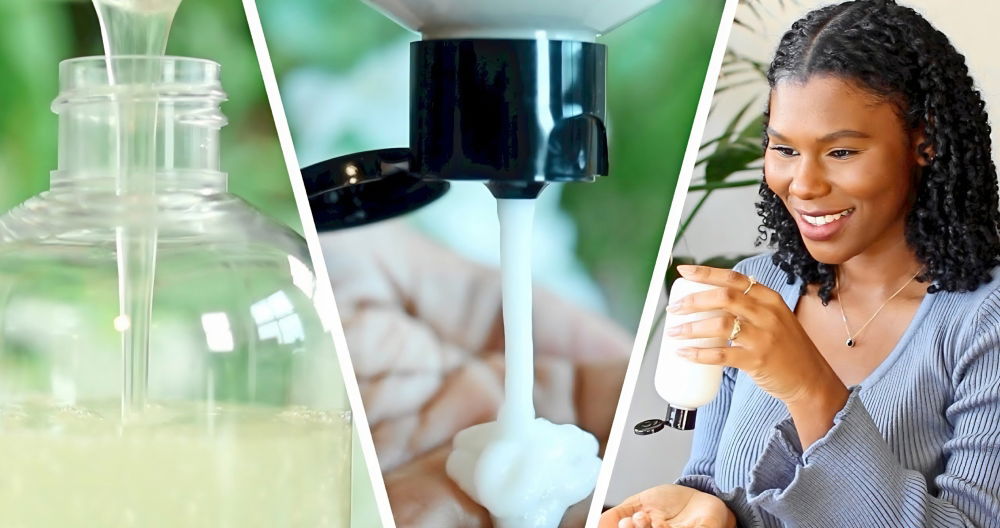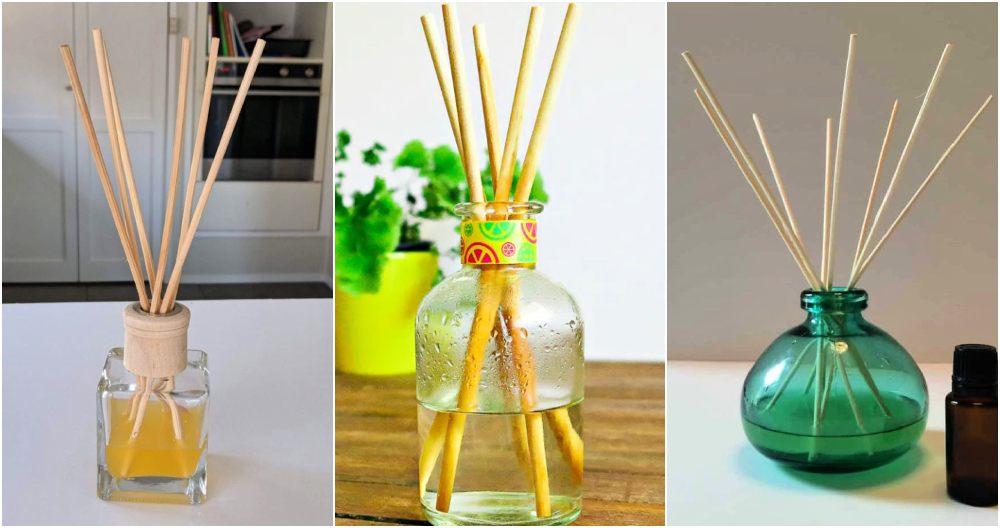I clearly remember the first time I made my own homemade DIY all-purpose cleaner. I was afraid it wouldn't work as well as store-bought cleaners. But after just one use, my fears disappeared. The cleaner worked like a charm, leaving my surfaces sparkling clean and smelling great. Knowing exactly what's in my cleaner gave me peace of mind about its safety.
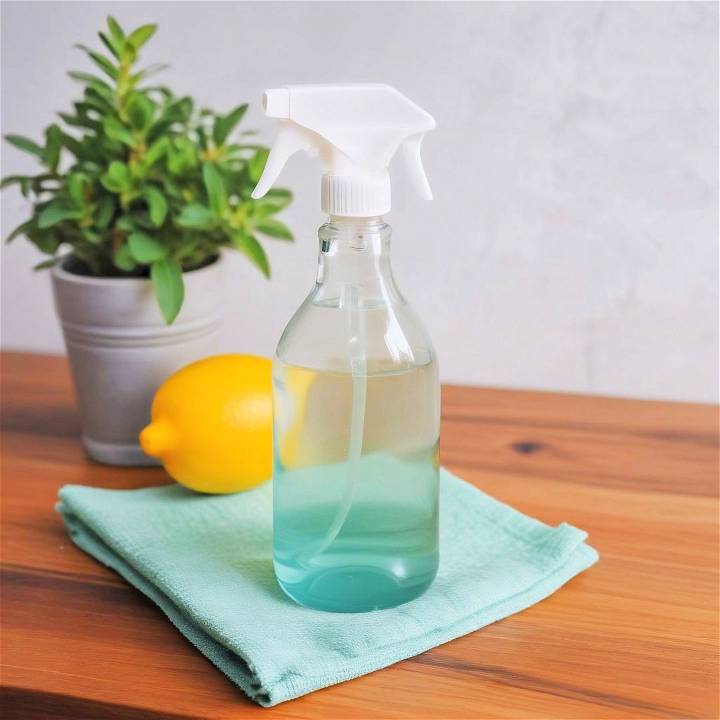
Making homemade all-purpose cleaner was surprisingly simple. The ingredients were easy to find and very affordable. With just a few household items, I made a cleaner that I trusted and loved. I felt proud and responsible for reducing chemical usage in my home. Give it a try!
This recipe is easy to follow and will help you get started on your own safe and effective cleaning journey.
Materials Needed:
Essential materials for a homemade cleaner: water, dish soap, tea tree oil, and a clean spray bottle. Effective and natural cleaning solution.
1. Water
The base of our DIY all-purpose cleaner is plain water. It's essential because it acts as a carrier for the other ingredients, helping to dilute them to safe levels while still ensuring they're effective at cleaning.
2. Dish Soap
A teaspoon of dish soap is what gives this cleaner its grease-fighting power. Dish soap is designed to break down oils and grime, making it perfect for cleaning various surfaces without leaving residue behind.
3. Tea Tree Oil
Thanks to its natural antibacterial and antifungal properties, tea tree oil is my chosen essential oil for this recipe. Adding about 10 drops to our mixture not only leaves a fresh, clean scent but also helps to disinfect surfaces as you wipe.
4. A Clean Spray Bottle
Lastly, you'll need an empty, clean spray bottle. This will be your container for mixing and storing the cleaner. A spray bottle is ideal for easy application, ensuring you can evenly distribute the cleaner over surfaces without wasting any.
Step by Step Instructions
Learn how to make your own DIY all-purpose cleaner with our easy step-by-step guide. Save money and reduce chemicals in your home today!
Step 1: Prepare Your Materials
Gather all the materials listed above. Ensure your spray bottle is clean and dry to prevent any unwanted reactions or dilution that could affect the cleaner's effectiveness.
Step 2: Add Water
Fill your spray bottle with 2 cups of water. This will form the basis of your cleaner. If your spray bottle is smaller or larger, you might need to adjust the amounts of the other ingredients accordingly.
Step 3: Add Dish Soap
Squeeze approximately a teaspoon of dish soap into it. There's no need to be overly precise—a bit more or a bit less won't make a significant difference. However, keeping it around a teaspoon ensures the solution will be effective without becoming too frothy.
Step 4: Add Tea Tree Oil
Carefully add about 10 drops of tea tree oil. This not only combats germs but also leaves your home smelling clean and fresh. If you're not fond of tea tree oil or don't have it on hand, other essential oils like lavender or lemon also work well, but the antimicrobial properties of tea tree oil are hard to beat.
Step 5: Shake to Combine
Once all your ingredients are in the bottle, secure the lid tightly. Give the bottle a good shake to ensure everything is thoroughly mixed. The dish soap should integrate with the water and tea tree oil, making a slightly cloudy solution that's ready to use.
Step 6: Time to Clean
Spray your new all-purpose cleaner on any surface you need to clean, such as countertops, tables, or even bathroom surfaces. Wipe down with a cloth or sponge. You'll see grease, grime, and dirt lift away with minimal effort. Remember to shake the bottle before each use as the ingredients may settle over time.
Why This Cleaner Works
This all-purpose cleaner is not only easy to make but also incredibly effective, thanks to its simple yet powerful ingredients. Water and dish soap clean and cut through grease, while tea tree oil adds a natural, chemical-free way to kill germs and bacteria. It's a safe, non-toxic alternative to store-bought cleaners, making it ideal for households with pets or children.
Benefits of Homemade Cleaners
Homemade cleaners offer a multitude of benefits that make them an excellent choice for your cleaning needs. Here's why they are a smart, effective, and responsible option:
- Eco-Friendly: One of the most significant advantages of homemade cleaners is their environmental friendliness. They typically use natural ingredients that are biodegradable and safe for the earth. Unlike many commercial cleaners that contain chemicals harmful to ecosystems when washed down the drain, homemade cleaners offer a green alternative.
- Health and Safety: The simple ingredients used in homemade cleaners are generally safer for your health. They don't have the harsh chemicals found in many store-bought cleaners, which means they're less likely to cause skin irritation, respiratory problems, or other health issues. This makes them a safer choice for homes, especially those with children, the elderly, or pets.
- Cost-Effective: Making your own cleaners can save you money. The ingredients are often staples you already have in your pantry, like vinegar and baking soda, which are inexpensive and versatile. By mixing your own solutions, you can avoid the premium prices of specialized commercial products.
- Less Waste: When you make cleaners at home, you can reuse containers and reduce plastic waste. This not only helps the environment by minimizing your carbon footprint but also declutters your home from having too many single-use bottles.
- Customizable: Homemade cleaners can be tailored to your preferences. You can adjust the strength of the solution, add your favorite natural fragrances with essential oils, and even make cleaners specific to the surfaces in your home. This customization is not often possible with pre-made products.
- Transparency: With homemade cleaners, you know exactly what's going into your cleaning solution. There's no guessing about the chemicals or worrying about undisclosed “fragrances” that could be harmful. This transparency gives you peace of mind and control over your household products.
Homemade cleaners are practical and eco-friendly, benefiting your home and the planet. Making your own solutions is a healthy, sustainable, and cost-effective choice for cleaning.
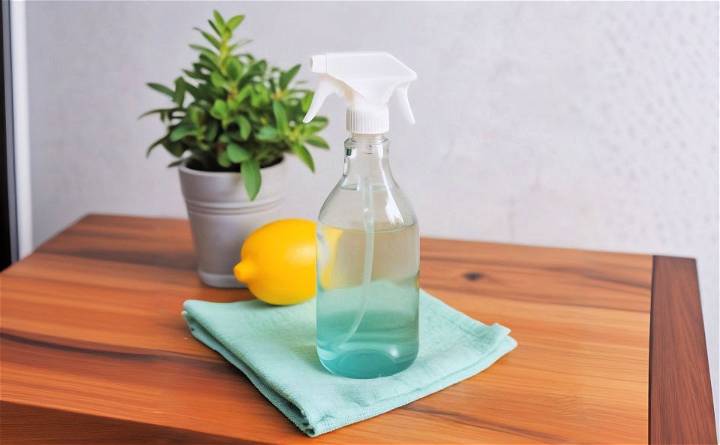
Effectiveness Against Germs
When it comes to homemade all-purpose cleaners, many people wonder if they are truly effective against germs. The good news is that certain common household ingredients have properties that can help reduce bacteria and viruses on surfaces.
- Hydrogen Peroxide: This is a household item that's not only for your medicine cabinet. At a 3% concentration, hydrogen peroxide is known for its ability to kill bacteria, mold, mildew, and fungus. It's a fantastic choice for a homemade cleaner because it's effective and leaves no toxic residue.
- White Vinegar: Vinegar is another powerful ingredient that can be used in homemade cleaners. Its high acidity level makes it capable of reducing surface bacteria. While it may not be as potent as commercial disinfectants like bleach, it's a safer alternative that can still help keep your home clean.
- Rubbing Alcohol: Isopropyl alcohol, commonly known as rubbing alcohol, is an excellent disinfectant. It can be used in a DIY disinfectant spray to kill a majority of germs on countertops and other hard surfaces.
- Essential Oils: Some essential oils, such as tea tree oil, have natural antibacterial properties. When added to homemade cleaners, they can provide an extra level of germ-fighting power along with a pleasant scent.
- Castile Soap: While not a disinfectant itself, castile soap is a gentle yet effective cleaner that can lift dirt and grime. When combined with other ingredients like vinegar or hydrogen peroxide, it can help make a more comprehensive cleaning solution.
Homemade cleaners can be effective if used correctly. For safety, use recipes from reliable sources. For high-risk areas like bathrooms and kitchens, use commercial disinfectants during flu season or illness.
FAQs About Homemade All-Purpose Cleaners
This comprehensive FAQ guide answers all your questions about homemade all-purpose cleaners. It's a great way to save money and keep your home clean naturally.
Yes, many homemade cleaners can disinfect surfaces. Ingredients like hydrogen peroxide and white vinegar have been shown to reduce bacteria and viruses on surfaces. However, for high-risk areas or during times like flu season, you may want to use stronger commercial disinfectants as an additional precaution.
Homemade cleaners made with natural ingredients are generally safer than commercial cleaners that contain harsh chemicals. However, they should be stored out of the reach of children and pets, and ensure that any essential oils used are safe for the specific animals in your home.
Most homemade all-purpose cleaners can be stored for at least one month. The shelf life may be shorter if you're using ingredients like fresh lemon juice or essential oils. Always label your cleaners with the date they were made and check for any changes in smell or appearance before use.
While homemade cleaners are versatile, they may not be suitable for all surfaces. For example, vinegar can damage natural stone surfaces like granite or marble. Always test a small, inconspicuous area first and research the ingredients' compatibility with your home's surfaces.
Mix equal parts of distilled white vinegar and distilled water in a clean spray bottle. If desired, add a few drops of essential oils for fragrance. Label the bottle with the contents and usage instructions. Always use distilled water to avoid mineral deposits on surfaces.
Final Thoughts
Taking the first step to make your own homemade DIY all-purpose cleaner can be both fulfilling and practical. Believe in the process, and enjoy the benefits of a cleaner, healthier home.


